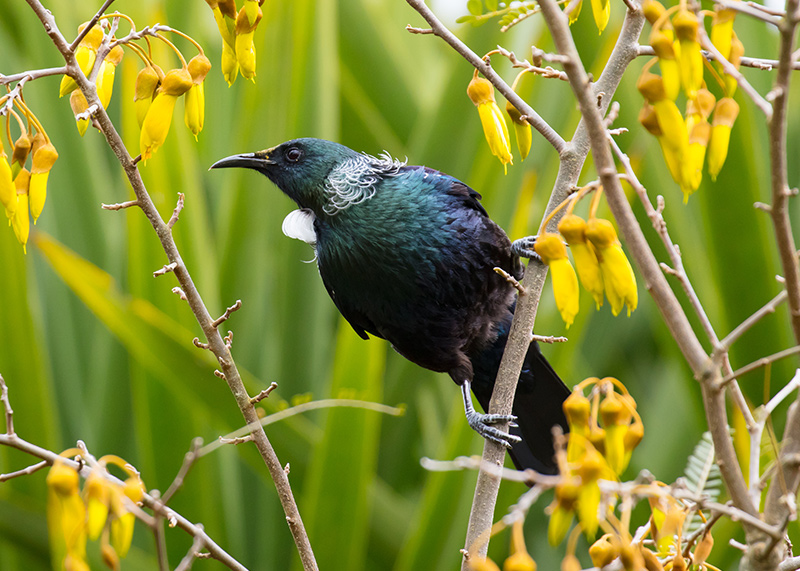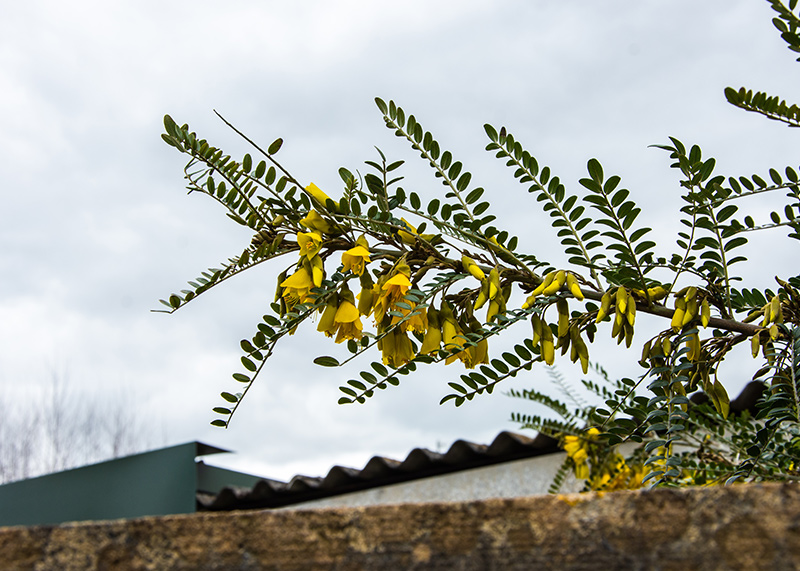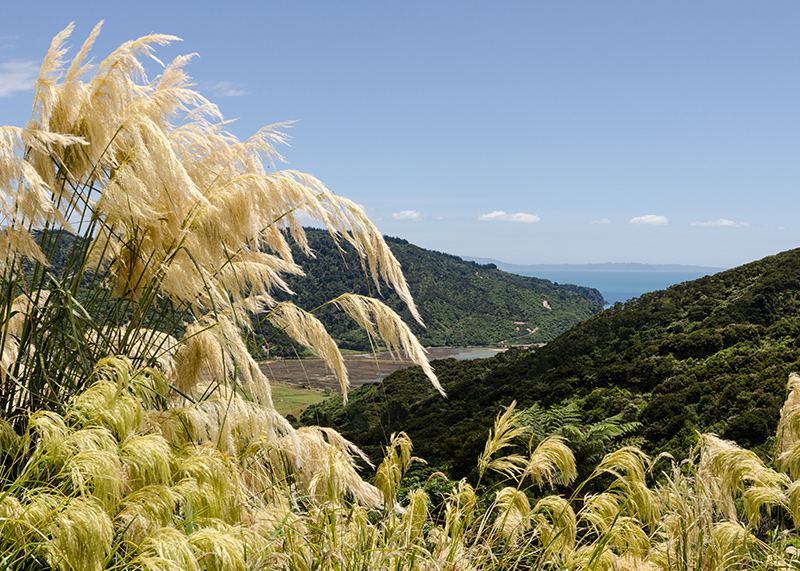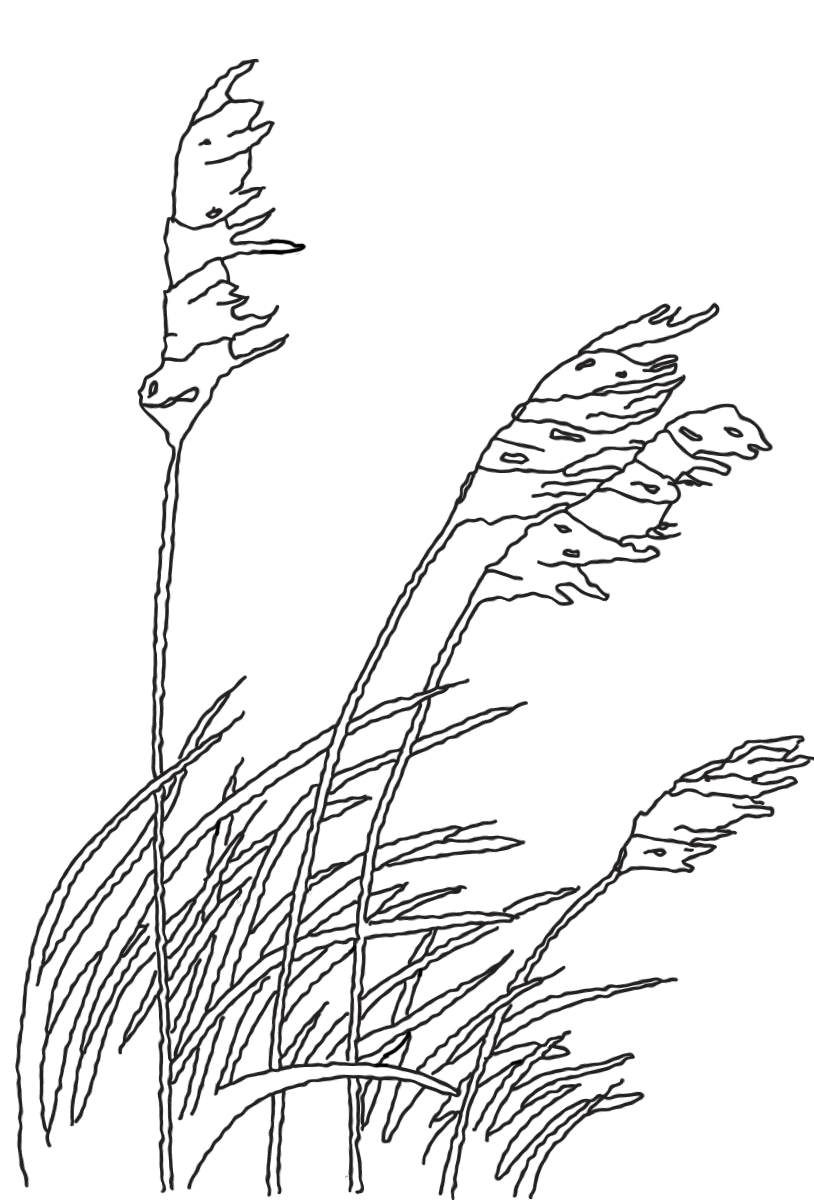Toe Toe
Austroderia fulvida
Smallest of the Toetoes. Can be distinguished from invasive pampus by its drooping flowering spike. Common for riparian and revegetation projects. Plant Densely. Tolerates salt wind, dry, disturbed and compacted site.
Classification: Grass
Height: 1.5m
Moisture: Wet or Dry
Flat Leaved Sedge
Carex dissita
Can spread seeds under forest canopy when ground cover weeds have been controlled. Plant densely. Tolerates full sun and dry conditions.
Classification: Sedge
Height: 0.5m
Moisture: Wet
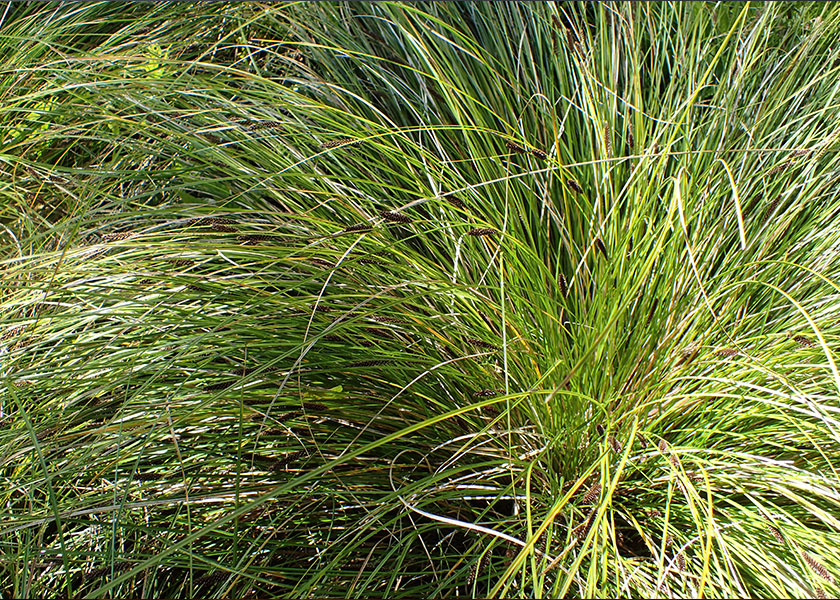
Small Swamp Sedge
Carex virgata
Best planted densely. Tolerates swampy and dry conditions
Classification: Sedge
Height: 0.8m
Moisture: Wet or Dry



Karamu
Coprosma robusta
Fast-growing hardy species. Bird distributed, with abundant berries for birds. Tolerates shade and full sun.
Classification: Broadleaf Shrub
Height:2-4m
Moisture: Wet or Dry

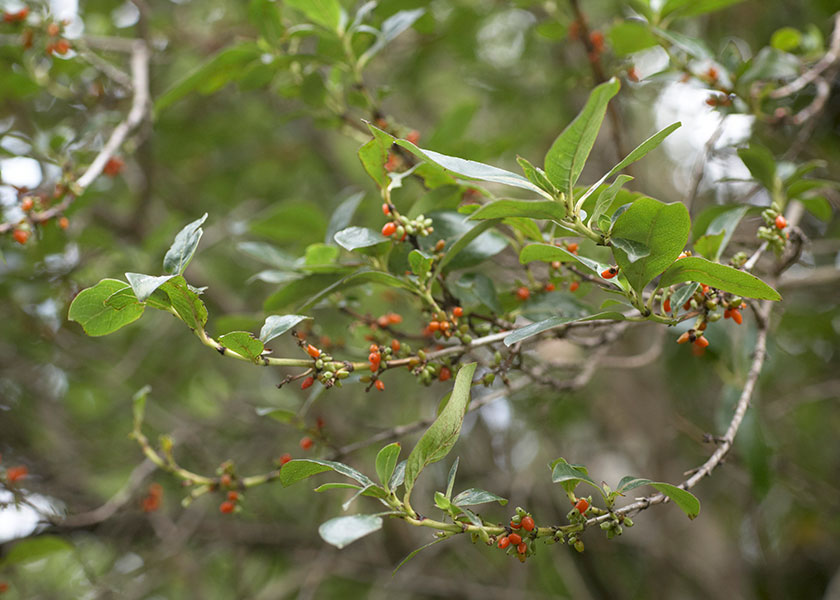
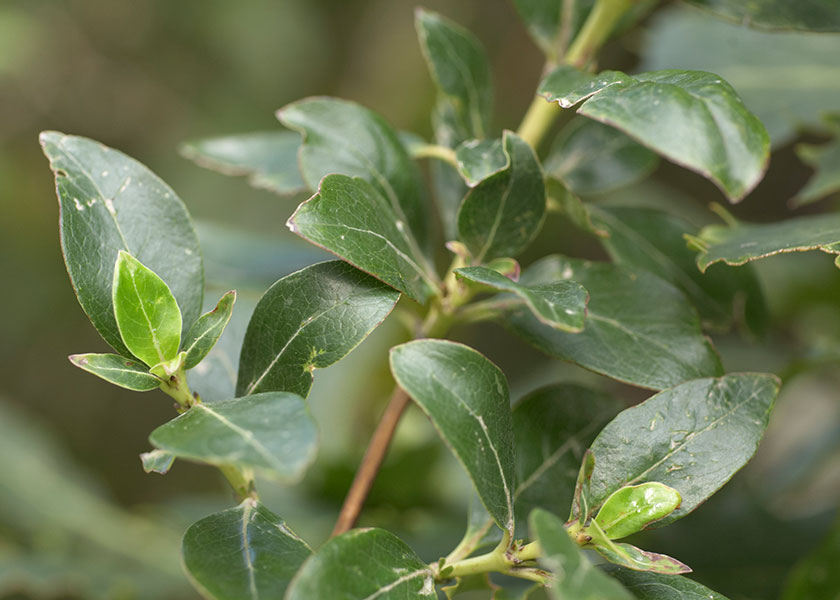
Cabbage Tree / ti Kouka
Cordyline australis
Grows up 1000 metres above sea level. Growing 12 to 20 metres high it has long narrow leaves that may be up to a metre long. It has lovely scented flowers in early summer, which turn into bluish-white berries that birds love to eat. Tolerates wet, windy, swampy conditions and high altitude.
Classification: Monocot tree
Height: 8m
Moisture: Wet or Dry
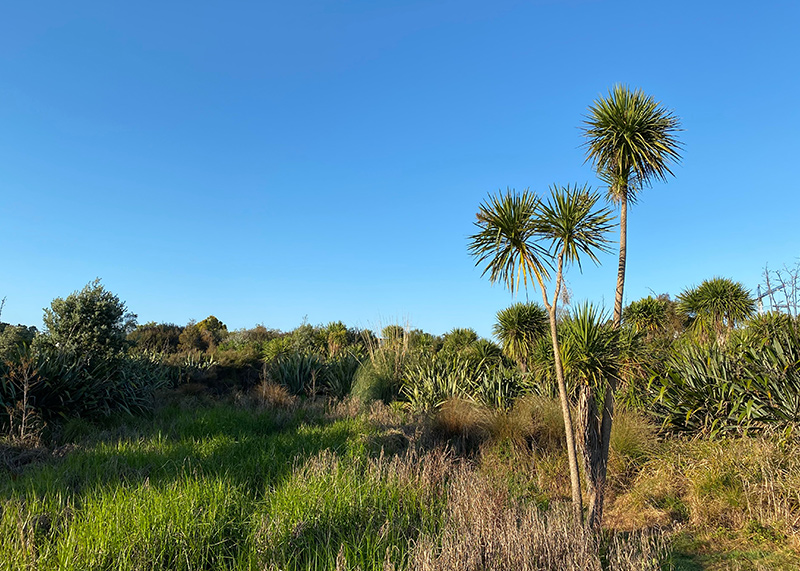
Giant Umbrella Sedge
Cyperus ustulatus
A fast-growing grass that is excellent for wetland revegetation. Tolerates exposed, frosty and windy conditions. Plant in heavy soil, loamy soil, drainage, very wet, damp, well drained, full sun and/or partial shade.
Classification: Sedge
Height: 1m
Moisture: Wet or Dry

Rautahi
Carex lessoniana
NZ Native sedge used for dense planting of wetland. Tolerates coastal and lowland conditions.
Classification: Sedge
Height: 0.5 - 1.5m
Moisture: Wet

Kahikatea
Dacrycarpus dacrydioides
Excellent for swampy sites. Slow-growing. Succulent fruits are eaten by birds which distribute seeds. Tolerates swampy conditions.
Classification: Conifer
Height: 30m
Moisture: Moist or Wet

Akeake (purple)
Dodonaea viscosa purpurea
Provides good shelter, hardy and will withstand exposed conditions from north Cape to Banks Penninsula. Tolerates exposed, coastal and low lands.
Classification: Shrub
Height: 8m
Moisture: All

Koromiko
Hebe stricta
Very hardy fast-growing native. Use as a nurse plant when revegetating large areas. Pale mauve flowers. Tolerates full sun and wetland.
Classification: Shrub
Height: 2m
Moisture: Dry

Kanuka
Kunzea ericoides
Fast-growing up to 12m. Prefer dry. Best planted in autumn in abundance. Small white flowers in summer. Tolerates frost, wind and coastal conditions.
Classification: Broadleaf Tree
Height: 12m
Moisture: Dry


Manuka / Tea Tree
Leptospermum scoparium
Fast-growing and has a wide tolerance to grow almost anywhere. White flowers in summer attract bees. Plant in autumn and avoid root disturbance when planting. Tolerates wind.
Classification: Broadleaf Tree
Height: 4m
Moisture: Wet or Dry
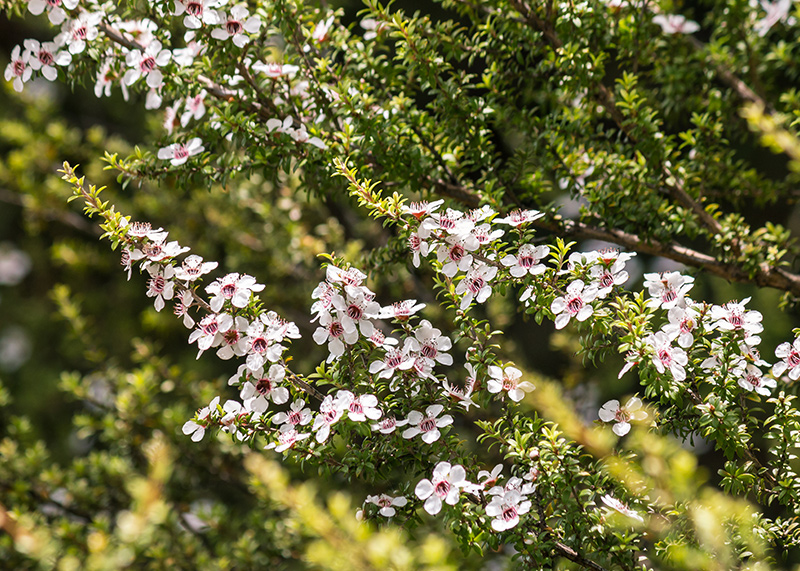
Mahoe / Whitey-wood
Melicytus ramiflorus
Establishes more slowly than other bank stabilising species but very common in young riparian vegetation. Abundant purple fruit in late summer attracts birds. Tolerates shade, lowland and coastal conditions.
Classification: Broadleaf tree
Height: 10m
Moisture: Wet or Dry

Harakeke / Flax
Phormium tenax
Best planted above frequent flood levels. Flowers attract Tui and Bellbird. Tolerates coastal and lowland planting.
Classification: Clump form
Height: 2m
Moisture: Wet or Dry

Totara
Podocarpus totara
This slow-growing native conifer grows to 30m. 6m in approx 10 years. Tolerates dry and exposed conditions.
Classification: Conifer Tree
Height: 30m
Moisture: Moist or Dry
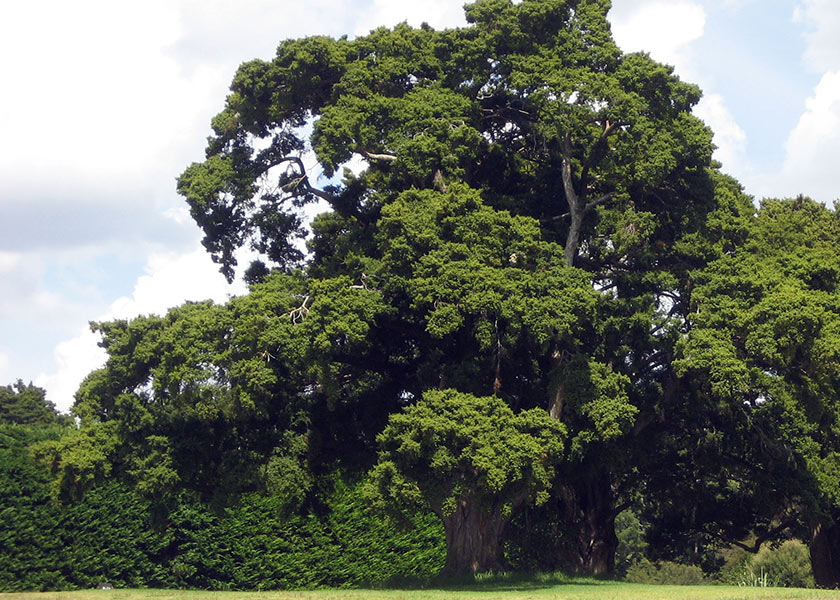
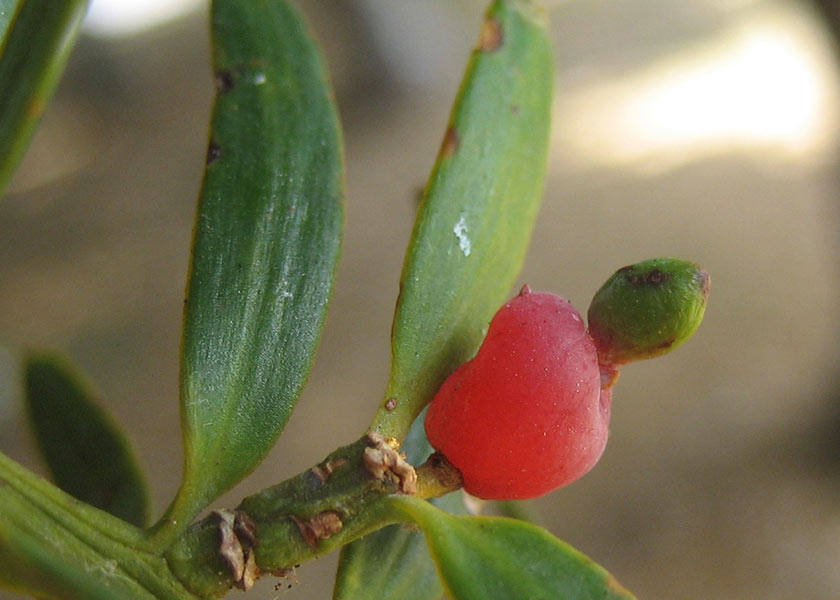

kowhai
Sophora microphylla
A popular choice for riparian projects on the upper banks. Spectacular yellow flowers attract tui in the spring. Frost tolerant.
Classification: Broadleaf Tree
Height: 10m
Moisture: Dry
